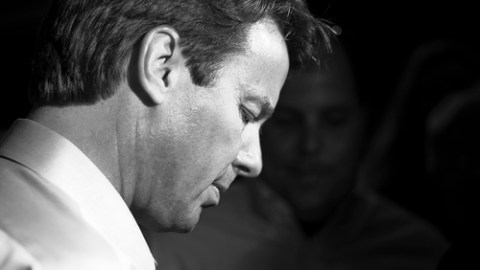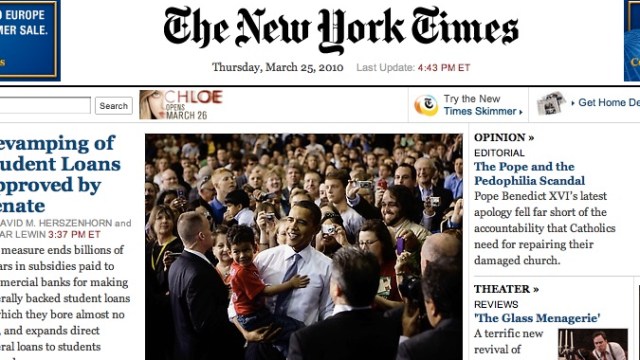Betrayal, the Train-Wreck of Literature

There is no easy answer as to why we keep sales humming for books many would profess are not worth their time. “Betrayal” Lit, as so-called by The Daily Beast‘s Lloyd Grove, is an inexorable “channel” in our culture of celebrity. Yet, before there were celebrities, there was still betrayal, and writing about it. Consider the Greeks. Consider The Godfather. What’s the seduction?
The seduction might be There, but for the grace of God, go I. This is simple schoolyard psychology, especially potent in the case of public figures whose choices force us to judge (John Edwards is an almost perfect example, adultery being the sine qua non of Opportunity for Social Judgment). Each week brings fresh lambs to the slaughter.
Grove asks an academic to consider why we care. He writes:
“There isn’t a single answer,” says MIT literature professor David Thorburn, “but we have a special fascination with the shenanigans of celebrities and literary figures—who, for some of us, are a kind of celebrity. It has to do with the intimacy we feel either toward a figure we admire or a writer we care about, so that we know them as people. Indeed, we know things about celebrities that we don’t even know about our ordinary acquaintances—and that carries over into our fascination with various forms of backstabbing and revenge.”
Thorburn points out that some cultural historians liken our collective fascination with tabloid stories about misbehaving movie stars and politicians, to the ancient Greeks’ enchantment with myths about the gods on Mount Olympus. “The gods were not worshipped because they were good, they were worshipped because they were so fucking powerful,” Thorburn says. “They were essentially human beings who were misbehaving on such a grand, Olympian scale, they were fascinating—and surely betrayal and backstabbing were part of that mythology.”
In the end, though, the appeal of betrayal lit may come down to its surprising capacity to comfort and reassure. “Some scholars have said in explaining why people love soap operas that it’s because the characters in the soap operas are suffering so much more dramatically than the poor schmendricks who are watching. There’s always some subset of resentment against the wealth and fame of celebrity, and people who take such apparent pleasure in these stories of betrayal get kind of a special thrill. ‘It serves them right!’ ‘Somebody stabbed Jack Nicholson in the back?’ ‘Good for them!’ “
Comparing an Edwards aide to the Greeks might be overstating the case, but the underlying relationship between emotion and commerce remains. It is not enough to see our public figures sweat. We want to hear details from an eyewitness.





